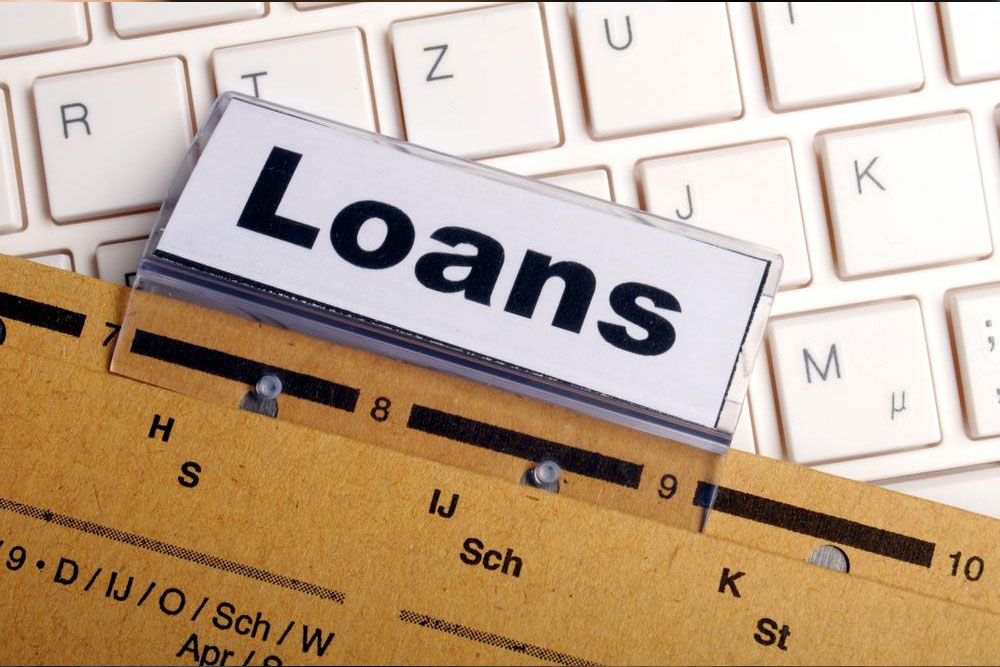Advantages and Disadvantages of Unsecured Business Financing
Unsecured business loans offer flexibility without collateral but come with higher interest rates and stricter approval criteria. This article explores their advantages and disadvantages to help business owners make informed financing decisions.

Advantages and Disadvantages of Unsecured Business Financing
Seeking funding to grow or launch a new business often involves exploring various loan options. Business loans fall into two main categories: secured and unsecured. The key distinction is that secured loans require collateral, while unsecured solutions do not. Both types offer unique benefits and challenges. This article examines the pros and cons of unsecured business financing.
An unsecured loan's approval depends largely on the company's income and creditworthiness, as per lender policies.
A business does not need collateral to secure an unsecured loan. The borrowing amount, whether $5,000 or over $500,000, is primarily determined by business size and financial health. Some lenders do approve unsecured credit lines based on specific eligibility criteria.
One major benefit of unsecured financing is the absence of collateral requirements. Unlike secured loans, where default can lead to collateral seizure, unsecured loans eliminate this risk for the borrower.
In case a business faces bankruptcy post-default, unsecured loans can often be discharged legally, unlike secured loans where collateral is forfeited. However, unsecured loans carry higher risk for lenders, leading to elevated interest rates and fees. This can impose financial pressure on the borrower and complicate repayment. Poor or bad credit history can also disqualify businesses from accessing unsecured loans.
Businesses should consider that defaulting on unsecured loans can severely damage their credit reports and future borrowing ability.










